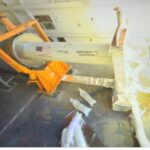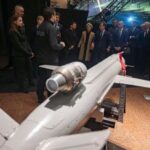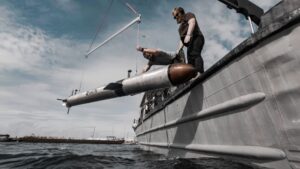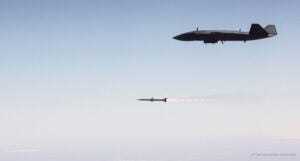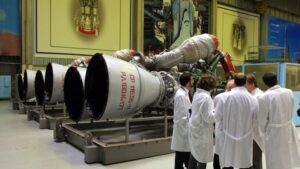
The U.S. Air Force and U.S. Space Force are continuing negotiations with Northrop Grumman [NOC] and Blue Origin over an appropriate time to end the companies' Launch Services Agreement (LSA) funding, as they lost out in the Phase 2 launch service procurement (LSP) National Security Space Launch (NSSL) awards on Aug. 7. "The U.S. Space Force acknowledges the hard work and significant efforts of all the offerors," the Air Force acquisition office wrote in an Aug. 26 email. "The government has not…




